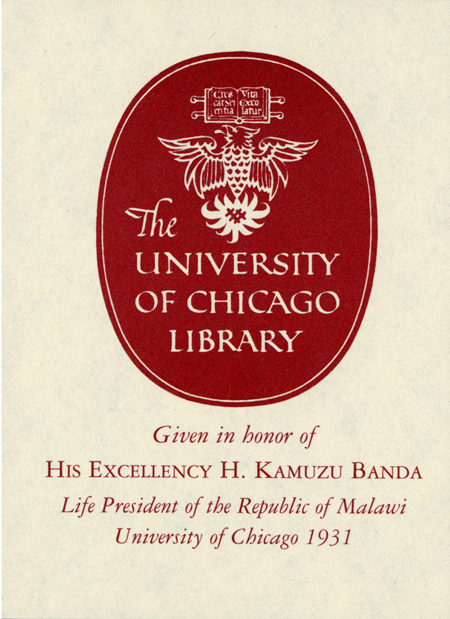| Summary: | "In OIL AND THE LICIT LIFE OF CAPITALISM IN EQUATORIAL GUINEA Hannah Appel considers how oil extraction creates forms of legality and legitimacy that mask its historical relationship to imperialism and slavery in Equatorial Guinea. As a former Spanish colony whose oil industry has developed in the shadow of it's neighbor Nigeria's (and stories of Nigeria's "resource curse"), Equatorial Guinea provides an understudied example of capitalism's imbrication of itself in state formation through oil extraction. Rooted in anthropology's turn to the study of infrastructure as a way to analyze the interactions of people, things, and the state, Appel's account focuses on structures and procedures that have enabled oil extraction and the flourishing of capitalism from Spanish colonization to the present day. Focusing on processes unique to petrocapital, such as offshore drilling, as well as those that have their roots or most prominent forms there, such as the contract or subcontractual labor, Appel shows how capitalism is not just the context in which oil extraction takes place, but itself a project, something that must be constantly reinforced and remade. Appel shows how ethnography provides a vital method for understanding capitalism's everyday reassertion and recreation of its own power as something that must be made and remade every day."--Provided by publisher.
|
|---|

